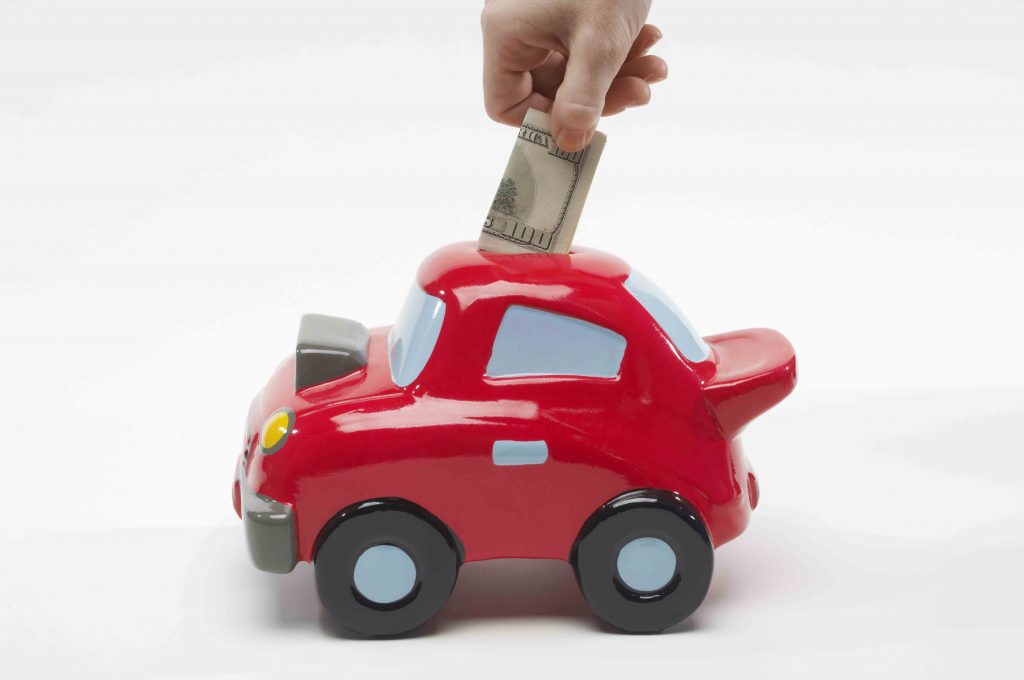Most of us grew up hearing the expression “good things come to those who wait.” As children, we slowly learned that we could usually get what we wanted (within reason) if we were patient and first did what our parents told us to. If we wanted dessert, first we had to eat those yucky vegetables. Dessert was our reward for eating our healthy dinner, but we had to wait for it. Even at that young age, we were learning the art of delayed gratification.
What is delayed gratification?
Delayed gratification is the art of controlling our impulse for something fun or pleasurable that we want now, and sacrificing that thing for a greater reward later on. Ultimately, delayed gratification is making thoughtful short-term decisions that affect our longer-term goals. It is one of the most effective personal traits of happy and successful people, affecting all areas of their personal and professional lives.
As an Amazon Associate I earn from qualifying purchases. This means if you click on a link and buy something I’ve recommended, I get a small commission at no additional cost to you. You can see my full Disclosure Policy here.
What are some examples of delayed gratification?
As a teen, you may have really wanted those expensive sneakers that all your friends were wearing, but your parents told you that you had to earn the money first. So you did more chores around the house, or got a part-time job to earn the money. Over time, you slowly built up your savings so you could finally afford to buy those expensive sneakers yourself. Buying those awesome sneakers was your reward for your patience and hard work and expanded your concept of delayed gratification.
As a young adult, you learned that the bigger things you wanted, like a car or a vacation with your friends, required much more time and effort to earn. It also required sacrifice. You had to give up some of those fast food meals, new clothes and outings with friends to be able to save the money for that car or trip you really wanted. All that waiting also helped you to appreciate the rewards even more.

You may be saving for a down payment on a home. You set yourself a budget, follow it and put a set amount away every paycheck. Over time, those savings slowly grow until you finally have enough saved to start looking at homes you are now able to purchase. Budgeting involves sacrifice, but keeping your eye on our long-term goal alleviates the short-term pain of the sacrifices you are making.
Or you might start to appreciate the value of good health. You realize that good health involves sacrifices like eating healthy, getting plenty of exercise and limiting our alcohol consumption. So you give up junk food, eat more vegetables, go to the gym more often and resist your urge to drink so that, ultimately, you will be healthy enough to enjoy your retirement. You keep the future in mind.
There are endless examples of delayed gratification. Practically every choice we make in our life has consequences. If you make those choices based on your personal values and long-term goals in life, you are more likely to ultimately achieve those goals, hence the saying that “good things come to those who wait.”
What are the benefits of delayed gratification?
The main benefit of delayed gratification is increased self-control. Self-control helps to moderate impulsive behavior and increases our ability to focus and make informed decisions. These abilities lead to a higher likelihood of overall success and happiness in life.
Other benefits include anticipation, confidence and self-satisfaction. When you set a goal and work towards it, you allow yourself the gift of time to imagine how good it will feel to finally achieve that goal. If you’re saving for a vacation, you have the time to research and plan and anticipate all the things you want to do. The things we patiently plan and look forward to can be the most satisfying and appreciated ones. Accomplishing those goals instills confidence in our abilities.
The Stanford marshmallow experiment was a study on delayed gratification that showed better future outcomes overall for children who could resist the temptation of a marshmallow for 15 minutes. If they waited, they were rewarded with an additional marshmallow.
Related Post: 25 Reasons we believe Life is Hard
[mailerlite_form form_id=1]What is wrong with instant gratification?
There’s nothing inherently wrong with instant gratification. But it’s not realistic to get everything you want when you want it. Instant gratification can actually be a source of frustration by creating false expectations, which ultimately lead to disappointment and unhappiness.
We all have basic needs that need to be satisfied. But instant gratification can lead us to struggle with the temptation to give in to our immediate desires and make choices that can be detrimental to our long-term goals.
Let’s use the example of food, as we all need food to survive. Let’s say you are struggling with your weight and trying to lose a few pounds. You know that you should eat healthy foods but, when you go to the supermarket you give in to temptation and buy some unhealthy processed foods, along with those healthy foods that are on your planned diet.

Your stomach starts rumbling, you realize you’re hungry and you want a quick fix. But healthy food is rarely a quick fix. It usually involves planning, preparation and cooking, and you don’t feel like doing that. So you grab that bag of potato chips and, before you know it, the bag is gone and you’re not hungry anymore.
Patience is a virtue
Some learn, others have innate
Whether it present or future state
Gratification delays makes one Great
Tame your energies, stay steady and sedate
Good things come to those who wait.
I Am Enough! by Samima Shah Faheem
You blow your diet and you feel like crap, all in the name of instant gratification. If you had chosen instead to plan and execute that healthy meal, you would have delayed gratification and achieved one more step towards your long-term goal of losing weight. Achieving that goal would ultimately lead to more satisfaction with yourself and your life.
If you constantly find yourself choosing immediate temptations over your long-term goals, you might be struggling with instant gratification.
How do you build your ability to delay gratification?
The art of delayed gratification is not easily accomplished. It takes dedication, planning and commitment. But the more you practice it, the less likely you will be to give in to your impulses and make decisions that don’t align with your goals.
Create clearly defined goals
Our goals give us a sense of meaning and purpose and lead us in the direction we want to go.
Set aside some time to really think about your values and what you want to achieve in your life, both big and small, and write them down. Include any meaningful details that better describe your goals.
Prioritize your goals
We can’t accomplish everything at once, and we usually have to accomplish one thing in order to move on to the next. Rate the importance of your goals on a scale of 1 to 10, with 1 being the most important, keeping in mind the time frame involved.
Look at your list and write them down again in order, beginning with your most important shortest term goal and moving towards your more long-term goals.
Make an action plan
Look at each goal, think about the tasks you need to complete to accomplish it and write them down. Remember that getting more information may be one of the tasks for any goal as informed decisions are better decisions. This plan will be the to-do list of your life, whether it’s in a month, a year, or for your retirement. Your small accomplishments will serve as positive reinforcement when you’re really having a hard time delaying gratification.
Build small rewards into your plan
Delayed gratification, while rewarding, can be hard work. You don’t always need to say no to things that make you feel good. When creating your plan, be sure to include small rewards for every step you take. This is important because every reward you allow yourself will help to motivate you to continue to follow your plan, remind you that you will survive the wait, and distract you from the everyday temptations you avoid.
Commit to and follow your plan
Stay focused! Make your goals the centre and focus of your time and energy. Let them guide you in other aspects of your life. Take satisfaction in every small step you take to accomplish your goals and celebrate your accomplishments. Giving yourself a break once in a while is important, as is treating yourself to a reward after hard work.
Giving in to the temptation to have something now might feel good, but discipline and the ability to manage your impulses can result in a much better payoff in the future. Ultimately, nothing in this world that’s really worth having comes easy. Remember that good things come to those who wait.
If you really struggle with delaying gratification in your daily life, Daily Self-Discipline: Everyday Habits and Exercises to Build Self-Discipline and Achieve Your Goals is filled with lots of ideas and strategies that work. It’s a great resource with suggestions you can put into action right away.
Related Post: 25 Reasons we believe Life is Hard


